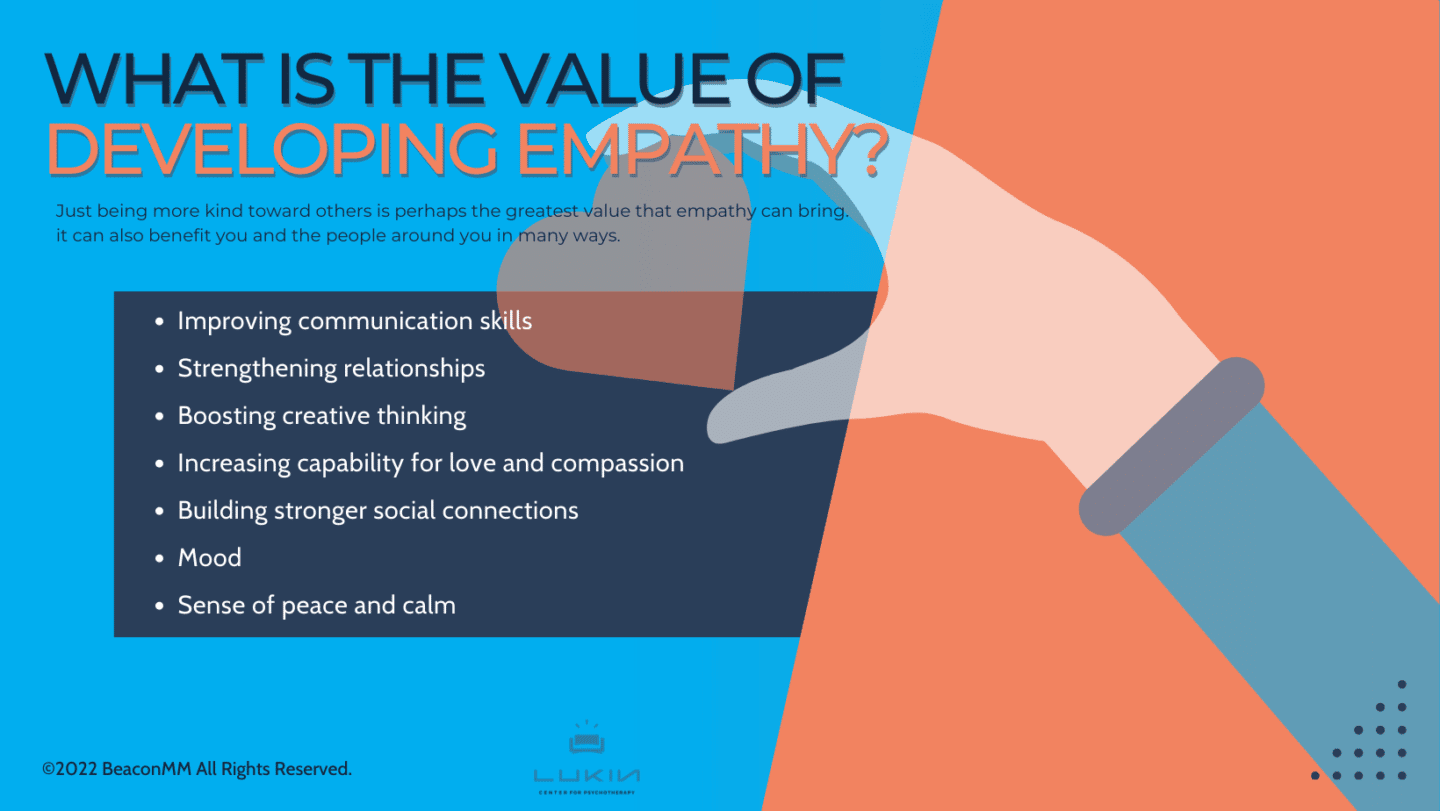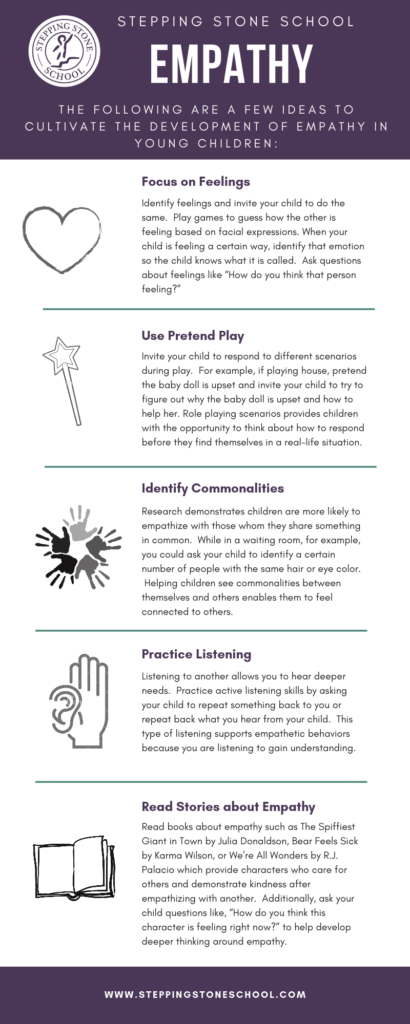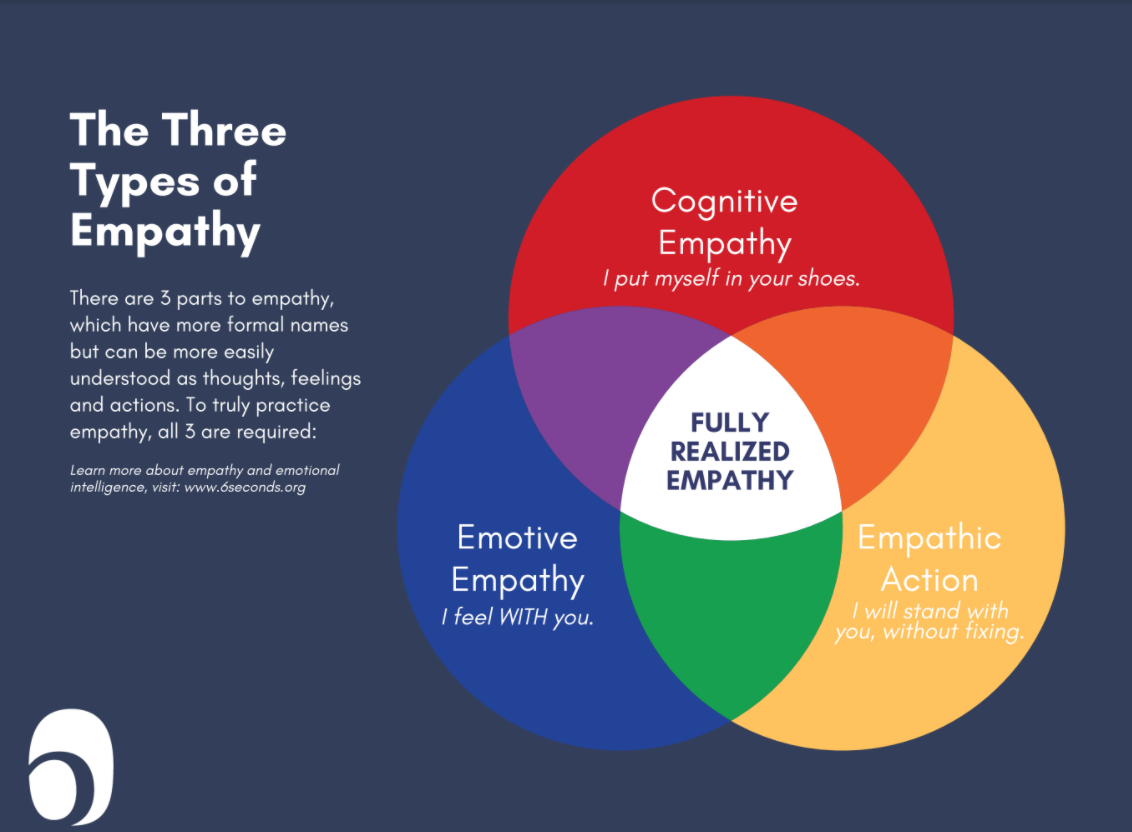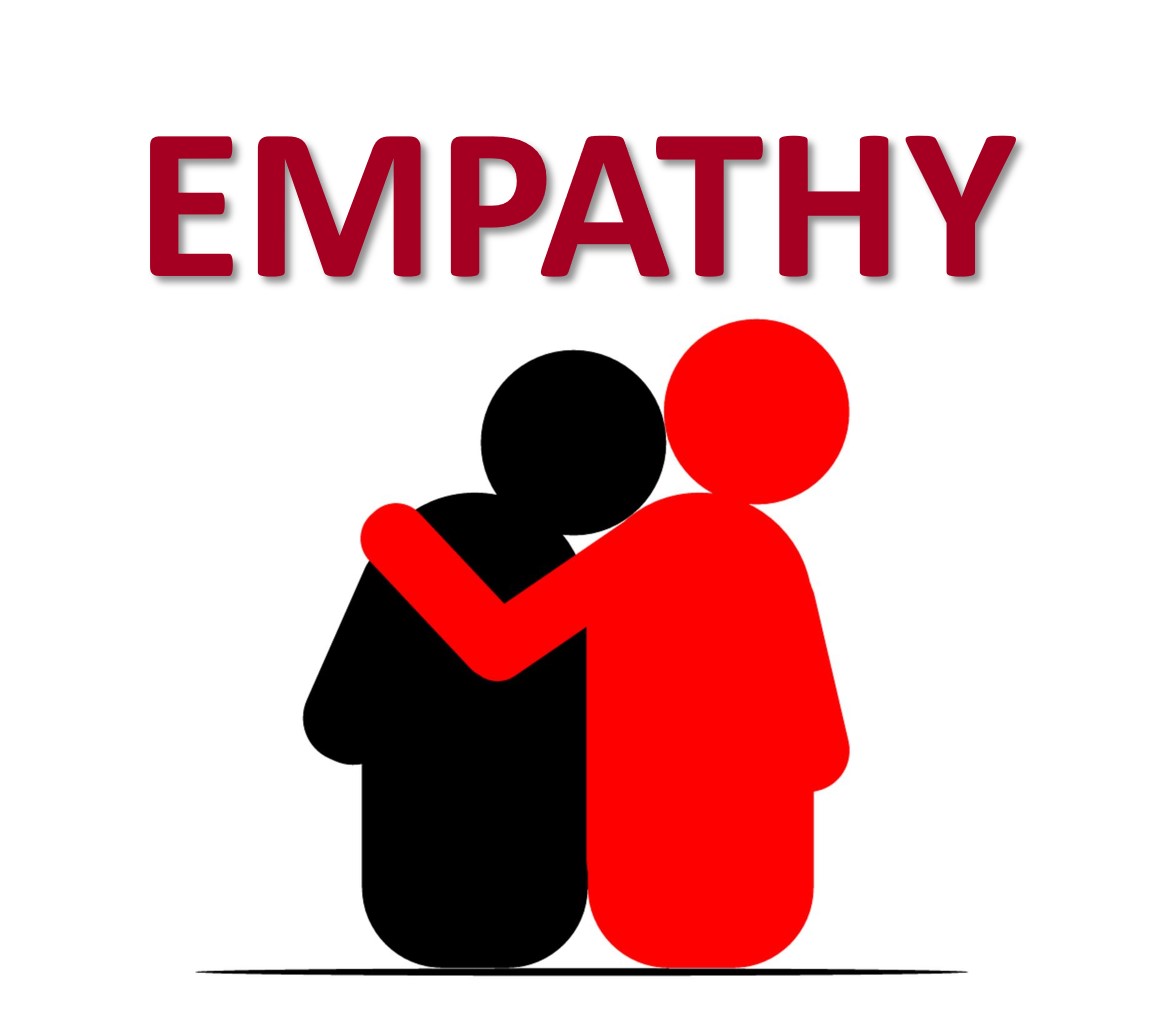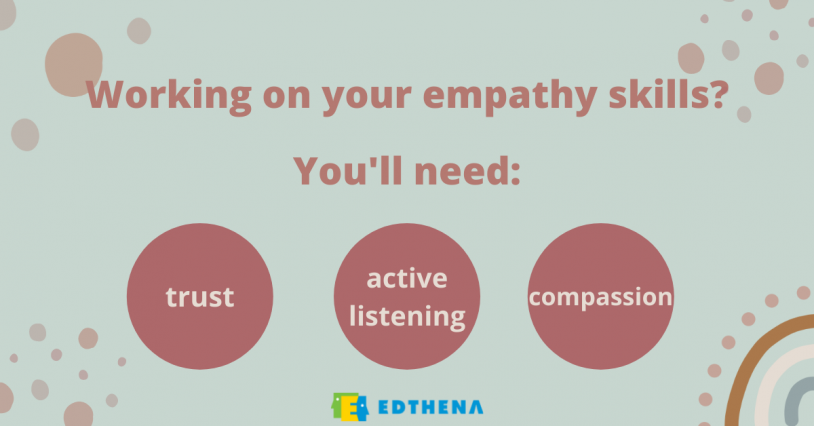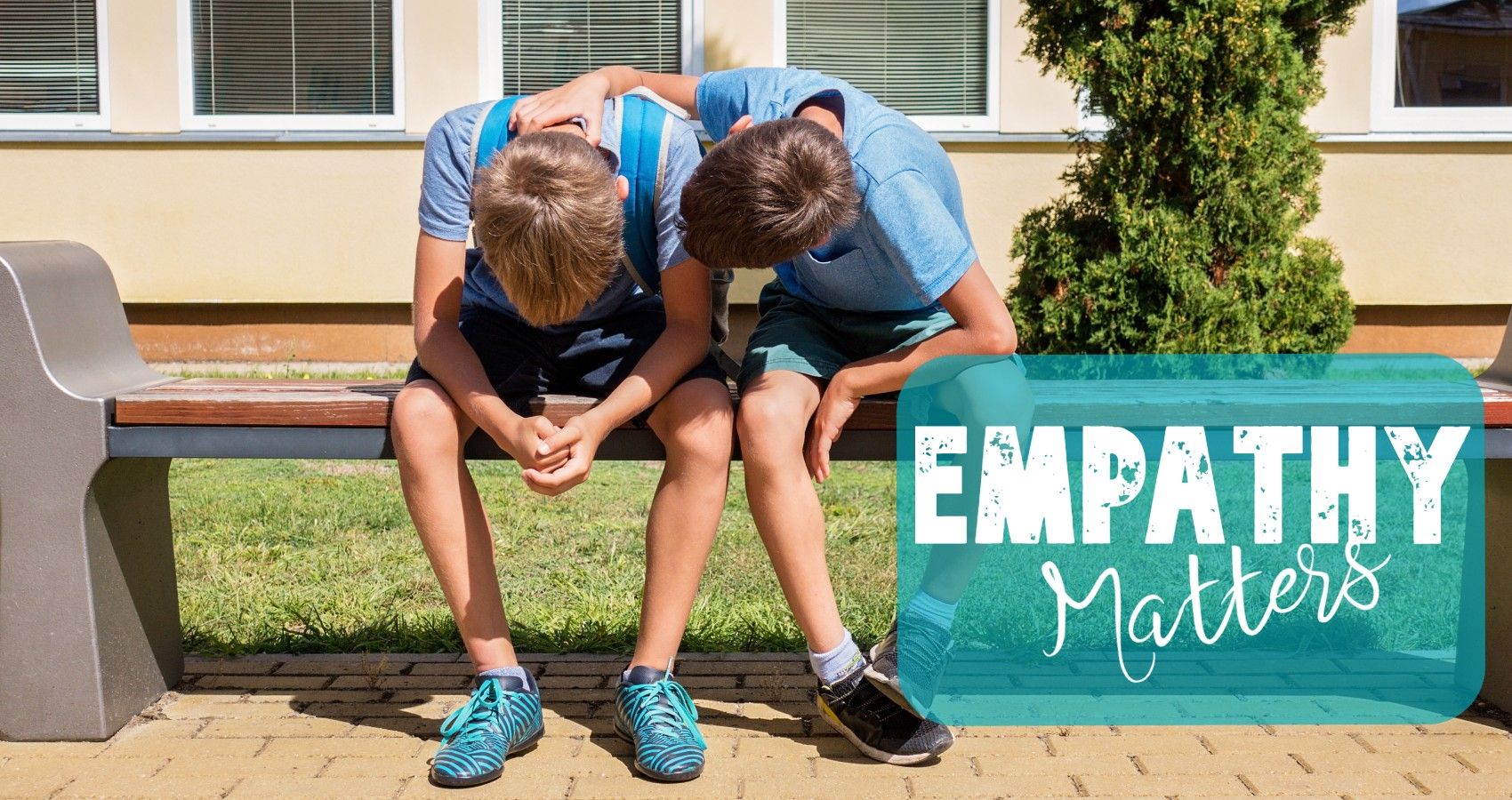How To Help Someone Develop Empathy

In an increasingly polarized world, the ability to understand and share the feelings of others – empathy – has become more crucial than ever. But empathy isn't necessarily an innate trait; it's a skill that can be cultivated and strengthened. Experts are sharing practical strategies to help individuals develop a deeper sense of connection and understanding.
The development of empathy is vital for fostering stronger relationships, promoting effective communication, and building a more compassionate society. It is a skill that can lead to improved conflict resolution, increased tolerance, and a greater sense of social responsibility. This article explores actionable steps anyone can take to enhance their empathetic abilities.
Understanding Empathy
Empathy is often confused with sympathy, but they are distinct concepts. Sympathy involves feeling sorry for someone, while empathy involves understanding and sharing their feelings. It requires actively trying to see the world from their perspective, even if you don't necessarily agree with their viewpoints.
Active Listening is Key
One of the most effective ways to develop empathy is through active listening. This involves paying close attention to what someone is saying, both verbally and nonverbally. Focus on understanding their message, rather than formulating a response while they are speaking.
Nonverbal cues, such as body language and facial expressions, can often reveal more than words alone. Ask clarifying questions to ensure you truly understand their perspective. Practice mirroring, a technique involving subtle imitation of their body language, to build rapport.
Perspective-Taking Exercises
Consciously trying to imagine yourself in someone else's situation is a powerful empathy-building exercise. Consider the challenges they might be facing, their emotions, and their motivations. Even small shifts in perspective can have a significant impact.
Reading fiction, especially stories featuring diverse characters and perspectives, can also enhance perspective-taking abilities. Immerse yourself in their experiences and consider how you would react in similar circumstances. This type of mental simulation can expand your understanding of different viewpoints.
Engage with Diverse Groups
Exposure to people from different backgrounds, cultures, and experiences is essential for developing empathy. Seek out opportunities to interact with individuals who hold different beliefs or come from different walks of life. These interactions can broaden your understanding of the world and challenge your own assumptions.
Volunteer work, community involvement, and participation in cultural events can provide valuable opportunities for engaging with diverse populations. By listening to their stories and learning about their experiences, you can develop a greater appreciation for the complexities of human life.
Practice Self-Reflection
Developing empathy also requires a degree of self-awareness. Reflect on your own biases, prejudices, and assumptions. Understanding your own emotional responses can help you better understand the emotions of others.
Consider keeping a journal to explore your feelings and reactions to different situations. This practice can help you identify patterns in your thinking and develop a greater understanding of your own emotional landscape. Seek feedback from trusted friends or family members to gain additional insights.
Cultivate Gratitude and Compassion
Practicing gratitude can shift your focus from your own problems to the positive aspects of your life, making you more open to the experiences of others. Acts of kindness, no matter how small, can also cultivate a sense of compassion and connection.
Engage in mindful meditation to cultivate a greater sense of presence and awareness. This practice can help you become more attuned to your own emotions and the emotions of those around you. Start with just a few minutes each day and gradually increase the duration as you become more comfortable.
Developing empathy is an ongoing process, not a destination. By incorporating these strategies into your daily life, you can strengthen your ability to connect with others, build stronger relationships, and contribute to a more compassionate world. Dr. Helen Riess, author of "The Empathy Effect," emphasizes that even small efforts can make a big difference.

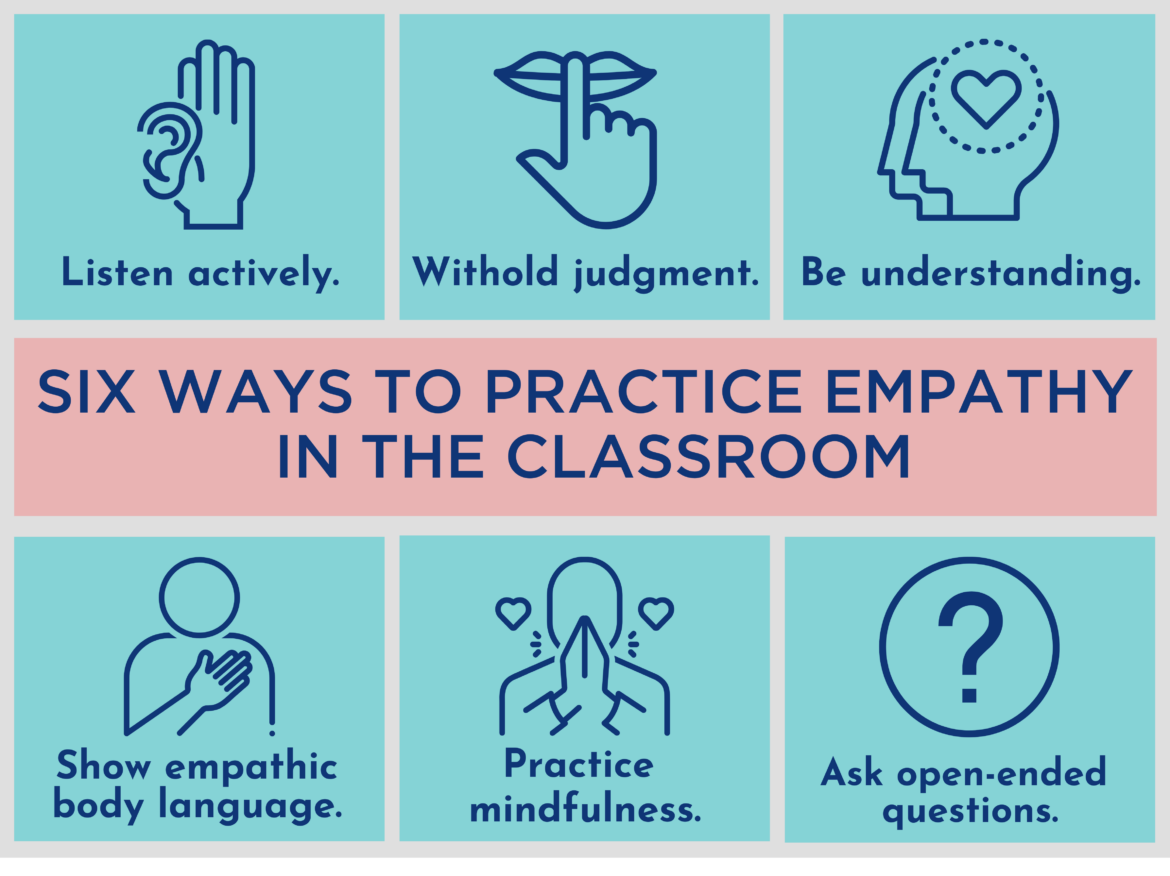
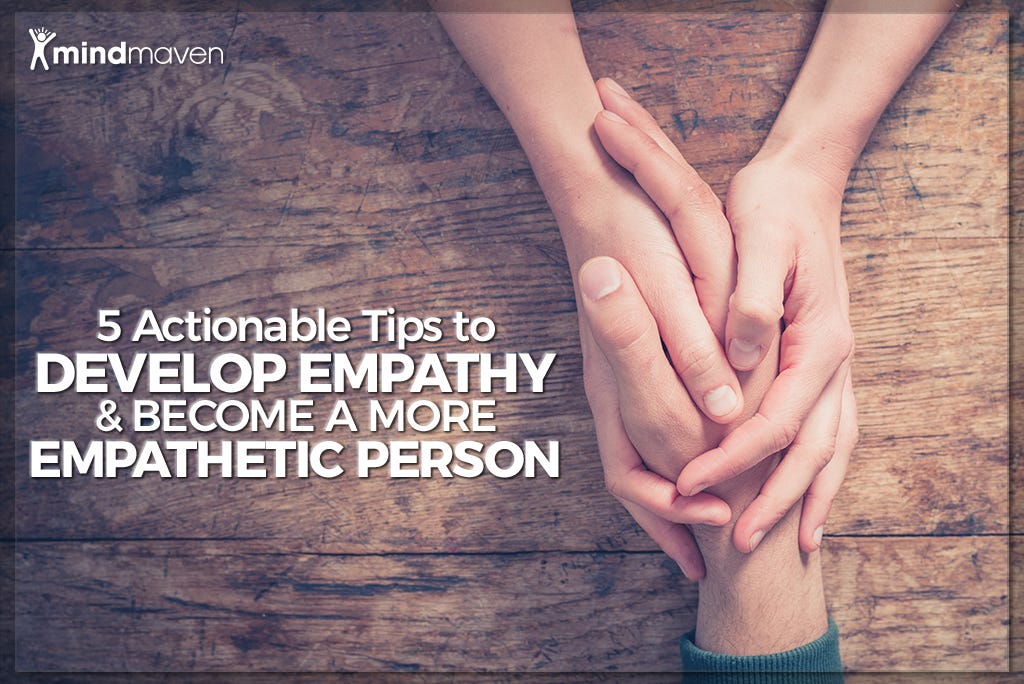


:max_bytes(150000):strip_icc()/what-is-empathy-2795562_source_file-1102e99b63214d12ad63732278597497.png)
